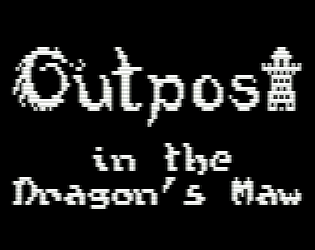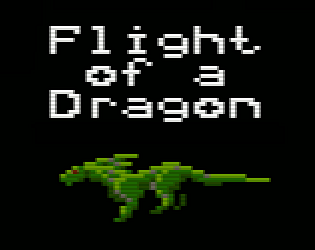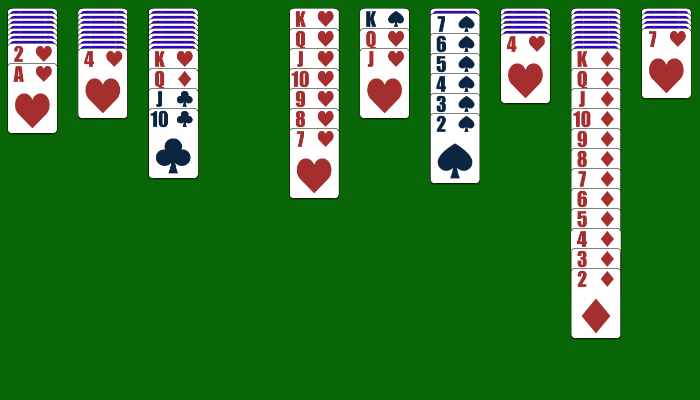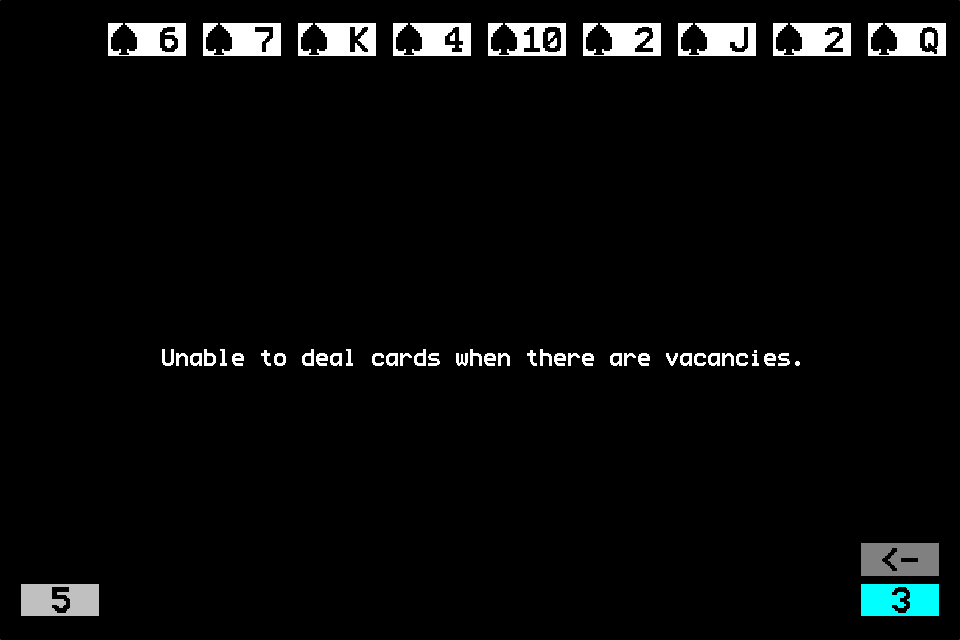Nice game of chess here, I like how even the trickier of the rules seem to be implemented right (those around castling particularly), and the computer plays it decently well at least as far as measured against my lack of skill in the game! Fun :)
That it is controlled by the keyboard being a Pico-8 game is also a plus for me, works well, and I find keys being more convenient if done right, which it is here.






